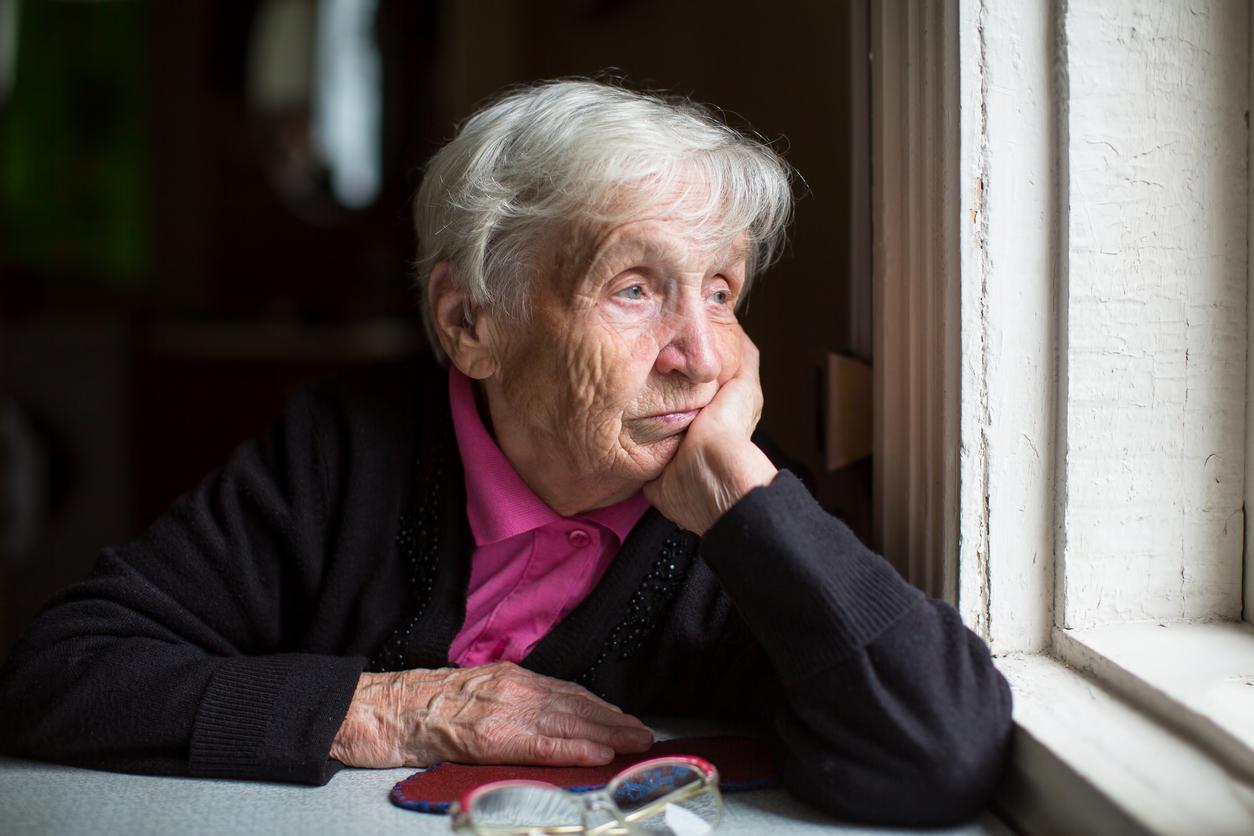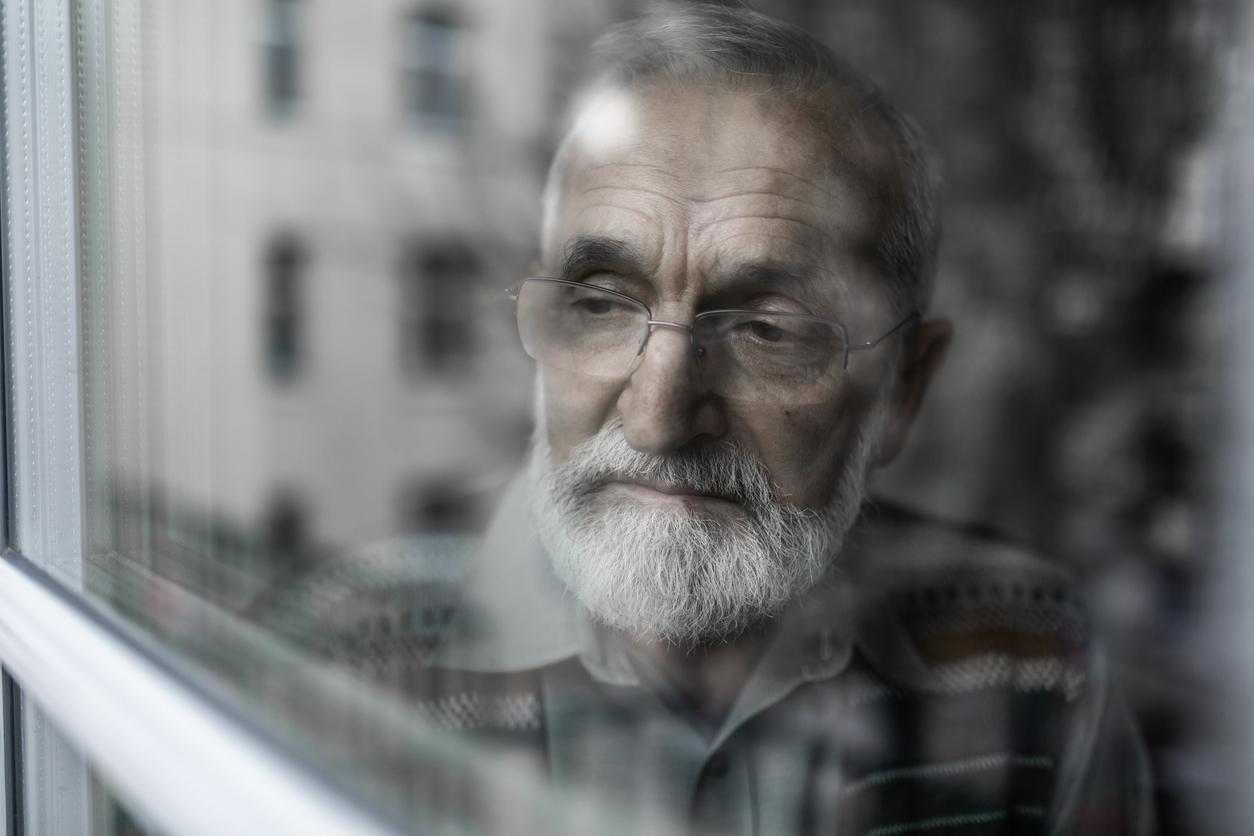Behaviors based on virile clichés of masculinity, especially with regard to their feelings, end up isolating men as they age.
-1584616611.jpg)
- Being “manly” to the point of not expressing your emotions can lead to social isolation
- This social isolation is common among aging adults
Men are often stuck in many clichés conveyed by society. For some, real men have to be strong, tough and independent. This view of man is not the best to adopt as you age, because this toxic masculinity puts those who believe in it at risk of social isolation.
A study conducted by sociologists from Michigan State University and the University of Wisconsin-Milwaukee (USA) and published in the journal Sex Rolesreveals that social isolation can impact an individual’s overall health, well-being and happiness.
According to Stef Shuster, assistant professor in the Department of Sociology at Michigan State University, “as we age, there are certain ways to ensure that we maintain our health and well-being. Having people we can talk to about personal matters is a form of social support. If people only have one person they can share information with, or sometimes none at all, they don’t really have the opportunity to reflect and share.”
Men increasingly socially isolated with age
For Stef Shuster, if a man has no one to share his fears and fears with, such as health issues, heartbreak or financial problems, it can have negative consequences on his mental health.
“Social isolation is common among aging adults. Changes such as retirement, widowhood or moving can disrupt their existing friendshipsabounds Celeste Campos-Castillo, one of Shuster’s co-authors and associate professor in the sociology department at the University of Wisconsin-Milwaukee. Older men who embrace ideals of toxic masculinity may find themselves isolated as they age.”
While this new study inspires a new way of understanding toxic masculinity and its influence on an individual as they age, the researchers point out that not all older men are at risk, but those who adopt a set particular ideals are more so than others.
For their research, the team analyzed the results of a longitudinal survey conducted in Wisconsin of 5,487 older women and men. The study is the first to treat masculinity as a spectrum rather than just a binary yes-or-no category.
“Much gender research is based on simplistic binaries of women or men, feminine or masculine, either you are hegemonically male or you are not.explains Stef Shuster. Through the dataset we use, our study establishes a spectrum around masculinity.”
Proponents of toxic masculinity unknowingly self-harm
For Stef Schuster, “Toxic masculinity is a term we use to describe how masculinity affects other people, especially women. Here, our study shows how toxic masculinity also has harmful consequences for men who subscribe to these ideals. The very principle of hegemonic masculinity is somehow based on the idea of isolation, because it is about being autonomous and not showing a lot of emotions. It’s hard to develop friendships living this way.”
As people born after World War II reach old age and retire, maintaining healthy relationships and friendships becomes a challenge. The study suggests that altering pre-established ideals of masculinity, such as being tough and independent, can help older people become more socially acceptable. However, the results also demonstrate that older men tend to be less flexible when it comes to changing their mindset and principles. Without necessarily realizing it, their behavior does not help to alleviate the stress caused by toxic masculinity.
“Can you change someone’s ideological principles? asks Stef Shuster. I think that’s a harder sell than trying to make people believe that social isolation is incredibly detrimental to their health. It’s about learning how to offer tools so people aren’t socially isolated, to help them develop the ability to recognize that all the ways they’ve claimed to be so-called ‘real men’ won’t work. not for them as they get older.”
.















